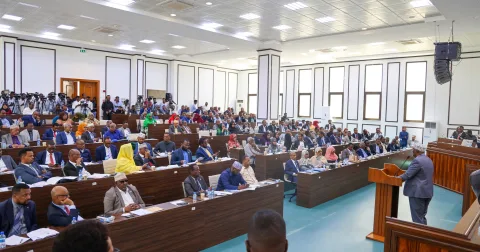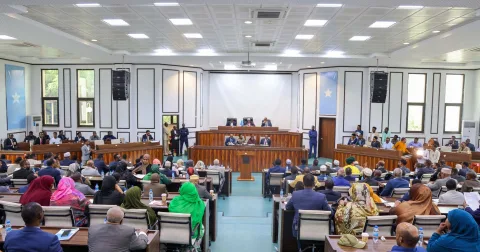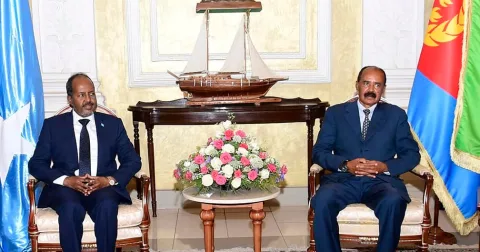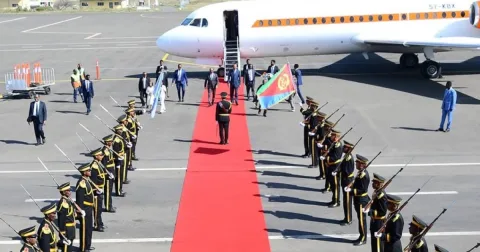Somalia’s recent push for democratic reforms through a one-person, one-vote (OPOV) electoral system has met with…
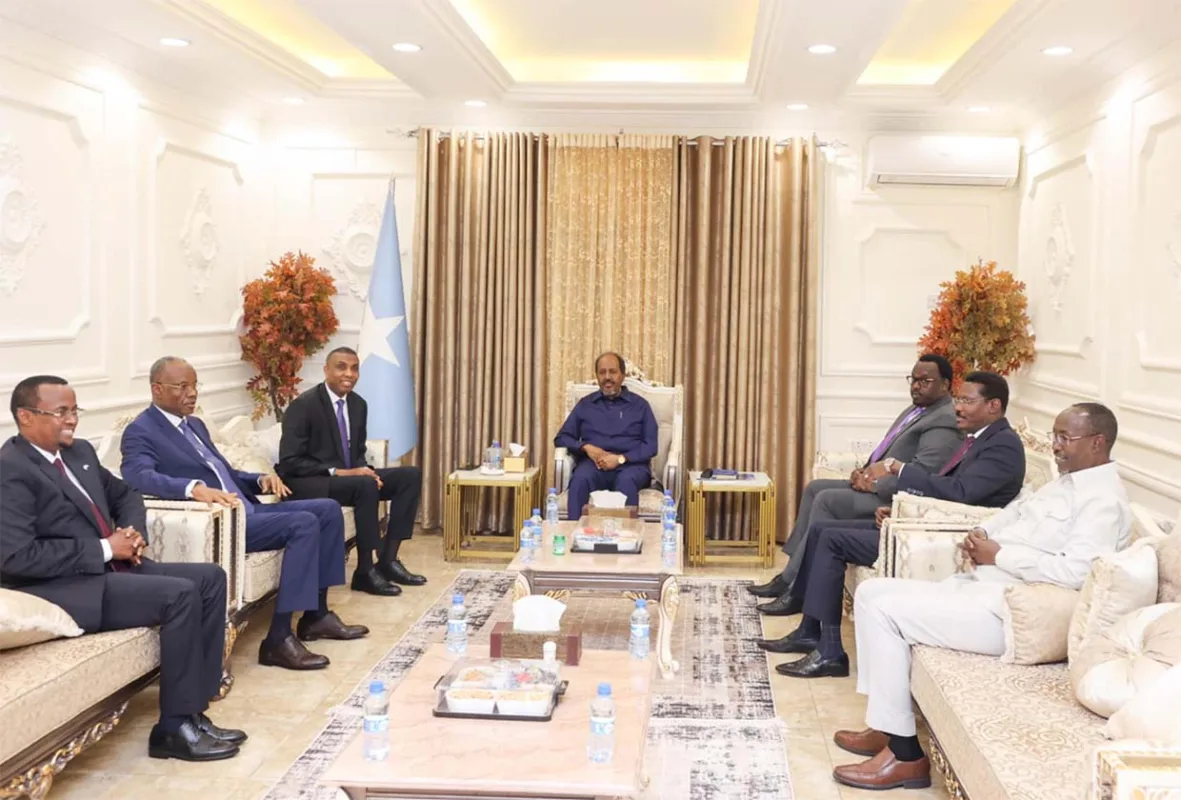
Somalia’s recent push for democratic reforms through a one-person, one-vote (OPOV) electoral system has met with significant skepticism from political stakeholders, according to a new Report by the Heritage Institute.
The National Consultative Council’s (NCC) decision on October 30, 2024, championed by President Hassan Sheikh Mohamud, aims to transition the country away from its controversial indirect election system. However, the proposal faces several substantial challenges and has sparked intense debate among the nation’s political actors.
Key Challenges
The Heritage Institute’s report identifies several major obstacles to implementing the OPOV system:
Past Failed Promises: The government’s previous unfulfilled commitment to implement OPOV for local and state elections in 2024 has damaged credibility
Leadership Legitimacy: The agreement involves federal member state leaders whose terms expired over a year ago
Regional Opposition: Two crucial federal states, Puntland and Jubbaland, along with the SSC Khatumo administration, remain outside the agreement
Timing Concern: The late-term push for reform has raised suspicions about potential term extensions
Path Forward
The report suggests several key recommendations for progress:
- Develop a consensus-driven electoral model involving all stakeholders
- Implement robust electoral standards regardless of the chosen system
- Prioritize national unity over short-term political gains
President Mohamud has extended an olive branch to dissenting federal member states, which analysts view as a positive step toward reconciliation. However, the Heritage Institute emphasizes that Somalia’s leaders must prioritize electoral integrity over specific voting mechanisms.
“Whether achieved through direct or indirect elections, a process free from manipulation by state and federal actors is the only way to restore public trust in Somali democracy,” the report concludes.
The push for electoral reform comes against the backdrop of Somalia’s troubled electoral history, including the political turmoil of 2016/2017 and 2021/2022, where elections were marked by widespread fraud and corruption. The success of these reforms could mark a crucial turning point in Somalia’s journey toward stable democratic governance.
HORSEED MEDIA
